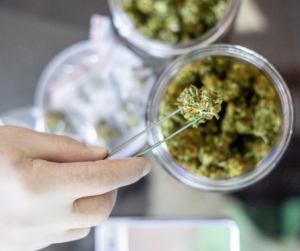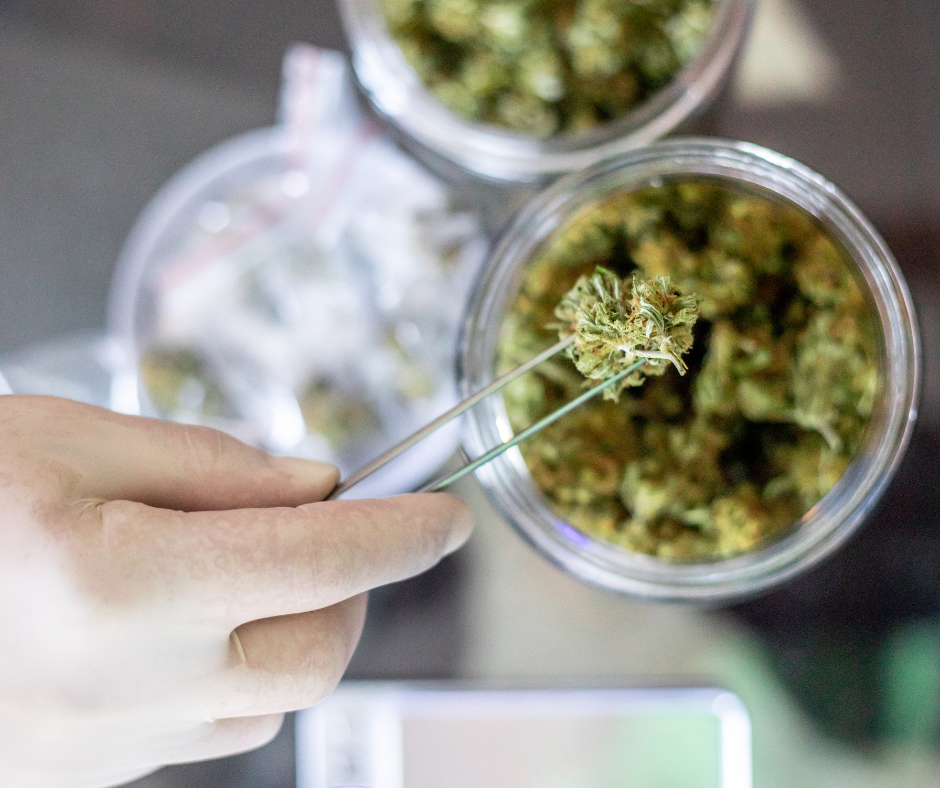A sensory research licence can be obtained to permit a sensory study with a specific scope that involves the administration or distribution of cannabis to human research participants. Health Canada has established an online licence application system, referred to as the Cannabis Tracking and Licensing System (CTLS), to be used by applicants to apply to Health Canada for a cannabis licence. Applicants should be familiar with the use of this system and should refer to the CTLS User Guide for more information, available upon request from cannabis@canada.ca.

In this blog, we’ll provide you with details of the cannabis research license for sensory studies and answer some of the FAQs we’ve been receiving lately.
What is the purview of a licence for sensory research?
A cannabis research licence is required by the Cannabis Act and Cannabis Regulations for an individual or a company to engage in cannabis-related research-related activities. In order to conduct a sensory (organoleptic) study involving the administration or distribution of cannabis to human research subjects in order to evaluate the taste, sight, smell, or touch of cannabis in order to determine consumer preferences, a sensory research licence with a defined scope can be obtained.
What is excluded from the definition of a cannabis sensory study?
Cannabis sensory assessments cannot be used to ascertain the safety or effectiveness of cannabis, nor can they be used to determine the clinical, pharmacological, or pharmacodynamic effects of cannabis, nor can they be used to identify any negative cannabis side effects. Everything mentioned above would be considered a clinical study and call for a clinical trial authorization. (Take note that a proposed amendment to the Cannabis Regulations would permit non-therapeutic research on cannabis with human participants to examine the onset and duration of a cannabis product’s effects, i.e., intoxication; as a result, the potential application area for a cannabis research licence may increase.)
Can smoking take place in cannabis research facilities both inside and outside?
An approved smoking environment is necessary if a candidate wants to test cannabis that must be inhaled. Any provincial and municipal approvals or requirements for smoking or vaping must be followed if inhalation is to take place indoors. If inhalation is to be done outside, a designated place that is permitted for public smoking can be used, if precautions are made to ensure that the licence holder will use the outdoor study area exclusively.
What level of physical protection is necessary for cannabis storage areas?
The storage space and operating area where the research activities are to be done must be designed to prevent unlawful access to cannabis, which can be accomplished in a number of ways, according to the Cannabis Regulations (e.g., an access-controlled key, limited the number of people in those areas to only those required to be there, etc.).
Can study participants use their own, legally obtained cannabis products during the experiment?
Yes, a holder of a cannabis research licence may lay out a protocol for a sensory study in which research subjects bring their own cannabis products they have legally purchased to consume at the research site. This is advantageous to a cannabis retailer because it allows them to have study participants buy legal marijuana from their licenced dispensary, go to the research area to sign up for the study, and then consume the marijuana as part of the sensory evaluation, taking part in a “consumption lounge” experience.
Where can sensory studies occur? What are some important location considerations?
- The site cannot be a dwelling-place (a residence).
- A site is required for where the proposed sensory activities are to occur as cannabis licenses are site-specific.
- The cannabis research activities must be controlled such that it is reasonably separated from non-cannabis research activities, including the storage of the cannabis used for the research.
- Need to ensure that the municipal zoning of the site permits research. Zoning will need to be confirmed with the municipality for the permitted use and any additional conditions.
- In addition to being zoned for retail as a permitted use, the retail location must also be zoned for research/laboratory as a permitted use.
- Depending on where the study takes place there can be lot size requirements that must be met in addition to the permitted use.
Why does Cannabis Compliance Matter?
The movement of cannabis is tracked through every step in the supply chain (seed-to-sale) to ensure each product meets quality and safety standards for consumption. And the protection of minors is of utmost concern. As such, businesses must follow strict rules when it comes to marketing and packaging, and labeling standards.
How to Keep your Cannabis Business Compliant
Regulations change frequently. Staying up to date on regulatory changes and keeping track of important deadlines are essential. That is why hiring a cannabis compliance consultant is the best thing you can do to ensure the longevity and success of your business. To learn more about the cannabis research license click here:
At Cannabis License Experts our cannabis compliance services will help protect your business. Don’t jeopardize your license by non-compliance issues that can be easily avoided. Contact us today!


